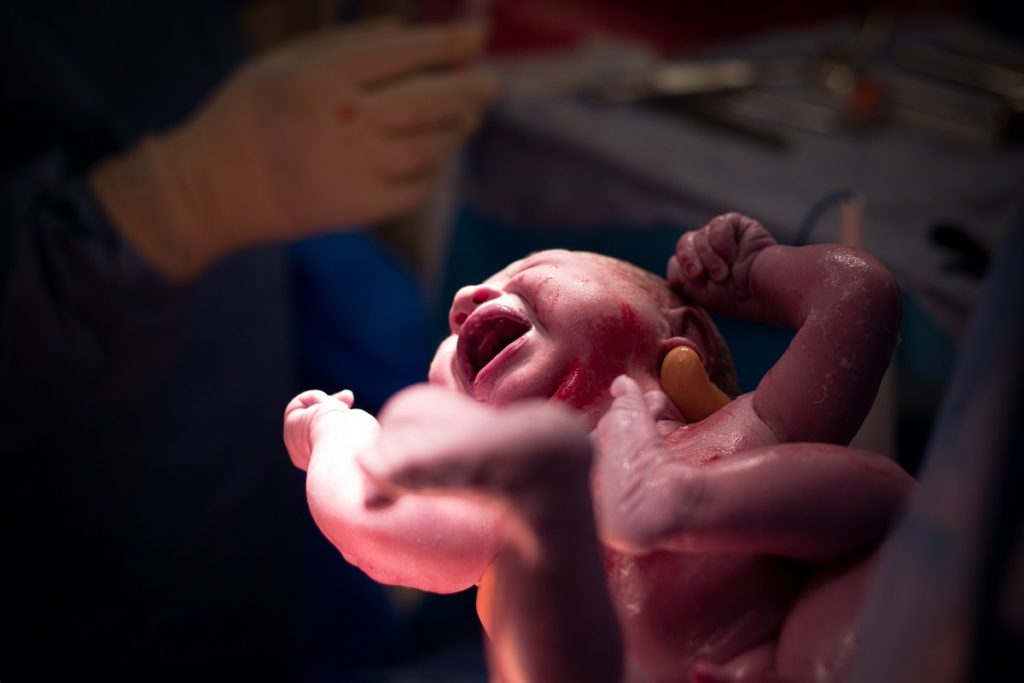Psychology deals with human behavior and how the mind works. Since the time it was built up as a science, researchers and scientists have continued to expand the study to numerous concepts, one of which is human development.
Human development deals with understanding how we came to be the people we are today. Psychology as a subject is multifaceted; it isn’t at all surprising that human development also includes how biology affects our progression as a species. Everything begins with our genes, but our environment also has a way of shaping our thinking and physical appearance.
Nature and Nurture
The dominant and recessive genes we inherit from our parents explain why some of us come out looking the way we do. But as we grow, our experiences could also affect our appearance. Too much time under the sun could increase the body’s melanin production, and children who hurt their gums in a fall might need clear braces for kids in their early childhood, as their teeth could grow crooked as a result of trauma.
Experiences in the Womb
 The time in the womb is also critical for development. The germinal, embryonic, and fetal stages of an embryo could affect physical development. In the embryonic stage, which occurs 2 to 8 weeks into the pregnancy, there are critical periods, in which environmental influences can affect an embryo’s development.
The time in the womb is also critical for development. The germinal, embryonic, and fetal stages of an embryo could affect physical development. In the embryonic stage, which occurs 2 to 8 weeks into the pregnancy, there are critical periods, in which environmental influences can affect an embryo’s development.
One of the negative factors during these periods is the mother’s lifestyle. Substances like alcohol and nicotine produce teratogens in the body. Teratogens cause congenital disabilities and will likely cause malformation in a human embryo, which varies depending on the teratogen. Miscarriages are most likely to occur during the embryonic and fetal stages, which is the first three months of the pregnancy.
Infancy
While the first few months of pregnancy are considered the most critical for a developing embryo, birth entails another crucial phase of development for a human infant. Human babies still have yet to develop their sense organs, and often it is in infancy that these develop into their proper use.
In infancy, the five sense organs start to develop. The most functional upon birth is the aural senses; the least functional is sight. As infants grow, their motor skills develop too, along with the language and cognitive functions.
Many studies attest to the effect of the environment during these critical times. Parents, relatives, and even social interactions affect how a child’s moral compass and values are formed. Morals, etiquette, and even social mores are formed through human interaction.
Human Development Never Ends
Many psychologists now accept that certain aspects of human development continue until adulthood. Recent findings have concluded that we never truly stop developing, physically, mentally, morally, or emotionally, and it is neither nature nor nurture that wins the argument. Instead, it is a combination of both biology and environment that affects our personality, appearance and behavior.
Many scientists and researchers are now exploring how hormones and brain chemistry affect human development, especially when it comes to behavior. Some are exploring how certain brain chemicals could alter personality, which could account for anti-social tendencies in certain individuals. Much like human development, the science of psychology continues to grow and expand into different fields.



